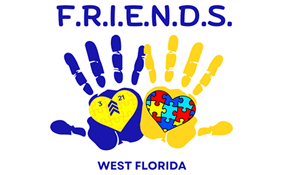These recommendations are a thoughtful composite of the input of many experts involved in the care of people with Down syndrome. They reflect current standards and practices of health care in the United States of America.
They have been designed for a wide audience:
For health care professionals who are providing primary care, such as pediatricians, family physicians, internists, and geneticists, as well as specialists, nursing personnel and other allied health professionals, such as physical and occupational therapists, speech-language pathologists and audiologists. In addition to educators and early intervention providers, these guidelines are designed for parents and other caregivers to use with the professionals who participate in the care of the individual with Down syndrome.
They have been designed for a wide audience:
For health care professionals who are providing primary care, such as pediatricians, family physicians, internists, and geneticists, as well as specialists, nursing personnel and other allied health professionals, such as physical and occupational therapists, speech-language pathologists and audiologists. In addition to educators and early intervention providers, these guidelines are designed for parents and other caregivers to use with the professionals who participate in the care of the individual with Down syndrome.

